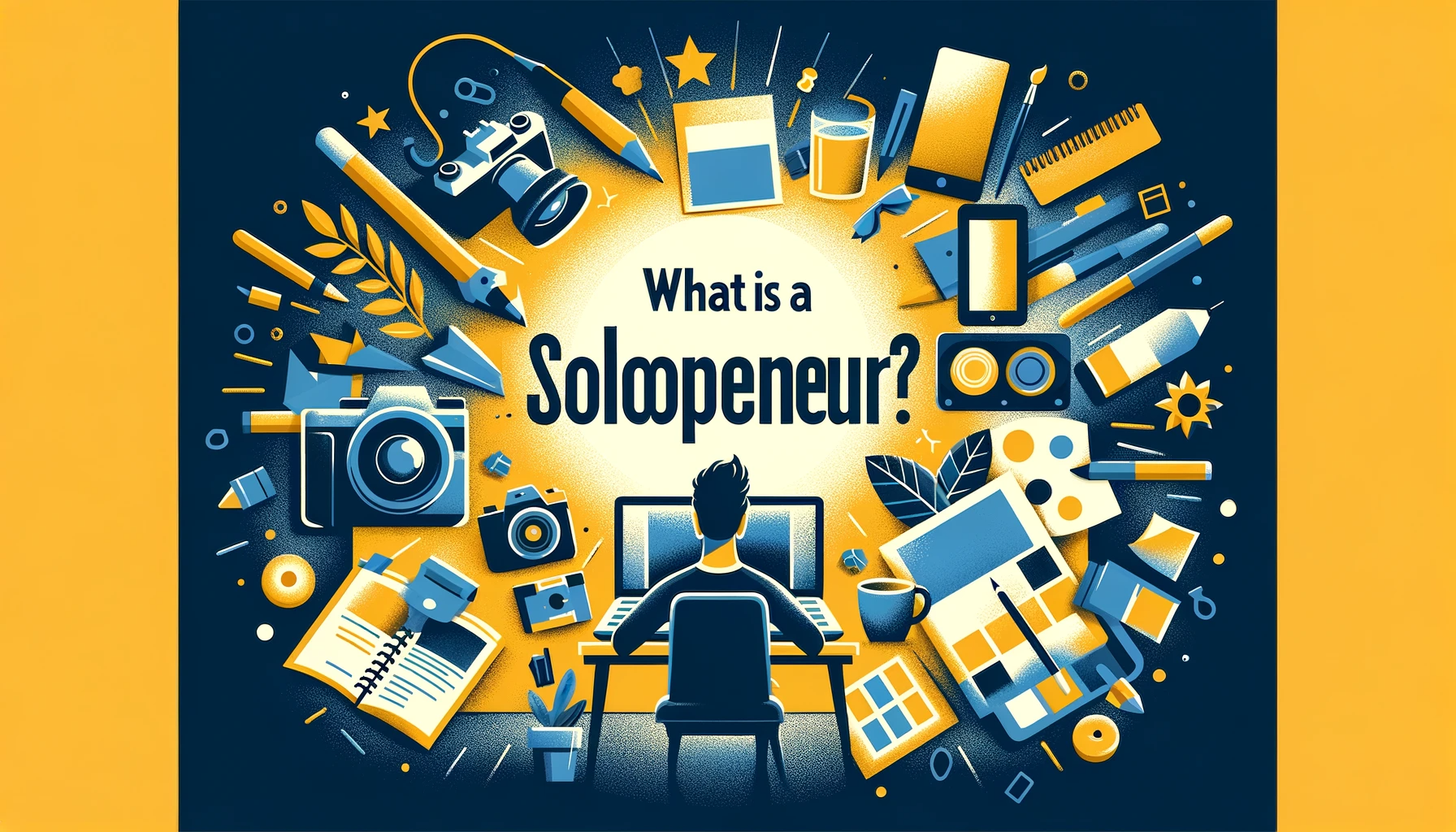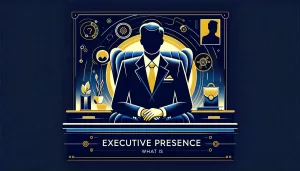With all the buzz going around recently, you might wonder, “What is a solopreneur?”
In this blog, we will answer that question, as well as the basic differences between solopreneurs, entrepreneurs, and freelancers.
Also, we will share some examples of solopreneurs (but we cover that in-depth here).
Contents
What is a solopreneur?
A solopreneur is someone who is optimizing for freedom.
They run a business on their own, without partners, employees, or investors, so they have no pressure to pay salaries and grow at all costs.
They often run a “lifestyle business.” It’s a type of business that will make good money for the owner, it will not take much of their time, and it doesn’t require a big full-time team.
Often, solopreneurs can rely on a few part-time contractors to run their business. In other cases, they rely on technology to automate a big part of the workload.
Again, the key element that differentiates a solopreneur from an entrepreneur is that solopreneurs are optimizing for freedom.
What is the difference between solopreneur and entrepreneur?
The difference between a solopreneur and an entrepreneur, in simple terms, is that solopreneurs optimize for freedom, and entrepreneurs optimize for growth.
Entrepreneurs will often have debt, investors, competitors, employers, and many other forces that are constantly pushing them for growth.
Think Facebook, Amazon, Netflix, Chipotle, or any other business that comes to mind. Those were started by entrepreneurs. In many cases, if they are now growing, they are dying.
There is a lot of pressure on them.
On the other hand, a solopreneur can be someone like Justin Welsh or Dan Koe. They make millions of dollars with the content they create and the courses they sell.
Both of them decide when they work, for how long they work, and many other important variables in their work-life balance.
There might be some pressure, but it’s nowhere near the one someone like Mark Zuckerberg or Jeff Bezos is facing.
In the case of Zuckerberg and Bezos, even though they are some of the richest people on the planet, they still have to answer to investors, boards, and have many more responsibilities that are imposed on them.
What is the difference between a solopreneur and a freelancer?
Isn’t a solopreneur simply a freelancer, then?
Not necessarily.
A solopreneur can start as a freelancer, but without the right mindset and long-term goals, the transition might not happen.
A freelancer has a lot of similarities with a solopreneur. The main difference is that the solopreneur does not exchange time for money. While the freelancer only exchange time for money.
An example:
A freelancer is someone who sells websites.
Even if he charges $50,000 per website and makes a decent amount of money every month, he still doesn’t have a lot of freedom because he is the only one responsible for delivering the work and results.
A solopreneur is someone who sells a plugin for a website to send a text message to people who finish reading a blog (this is a made-up plugin, but it would be awesome if it existed because I’d like to connect with you if you read this whole blog).
In this case, the solopreneur can sell thousands of subscriptions for that plugin while he is on vacation.
Now, it takes years for solopreneurs to get to the point of true “passive income,” and they often are able to do so only after years of building their career, skillset, audience, and reputation.
But the key element is that a solopreneur starts a business with that end result in mind. The ability to fully control their time.
A freelancer, if they don’t plan accordingly, can trap themselves in their business with no way of enjoying the “freedom” of being their own boss.
What is an example of a solopreneur?
We cover several examples of solopreneurs in this blog.
Some of the most famous solopreneurs are:
- Justin Welsh
- Dan Koe
- Charmaine Pocek
Other places where you can find examples of solopreneurs:
There are several episodes on that podcast where they go over the business models of some solopreneurs.
Also, the book The Million-Dollar One-Person Business by Elaine Pofeldt also has several examples of successful solopreneurs.
Keep in mind that a big cause of this new trend of solopreneurship and lifestyle businesses was started thanks to Tim Ferriss’ book The 4-Hour Workweek.
Who are famous solopreneurs?
Most solopreneurs are likely famous only to a “small audience” because they are not optimizing for fame.
Most famous people actually lose some of their freedom.
Such as famous movie stars, or athletes, who can’t go anywhere without someone asking for a photo or autograph.
Since solopreneurs are optimizing for freedom, it’s likely most of them are trying very hard to NOT be famous.
Most are likely “niche famous.” They are know by a lot of people with a particular interest, but when compared to really famous people, they are unknown.
For context:
- Justin Welsh has 486,000 followers on LinkedIn
- Dan Koe has 109,000
- While Ryan Reynold has 3,000,000 followers on the same platform
And Justin Welsh is likely the most famous, or one of the top 3 most famous solopreneurs (if that’s not the case, please send me a DM on LinkedIn with data, and I’ll adjust this blog).
Another example of a “famous person” in the business world, who is also not likely that famous when compared to celebrities, is Ray Dalio, and he also has 3 million followers on LinkedIn.
Most likely, solopreneurs are not famous.
Bonus: See how a personal brand can help a solopreneur grow their business.
Want to take the leap into solopreneurship?
We are biased, of course, but for us building a personal brand is a key step in your solopreneurship journey.
Take a look at our FREE personal branding resources to get started today.





